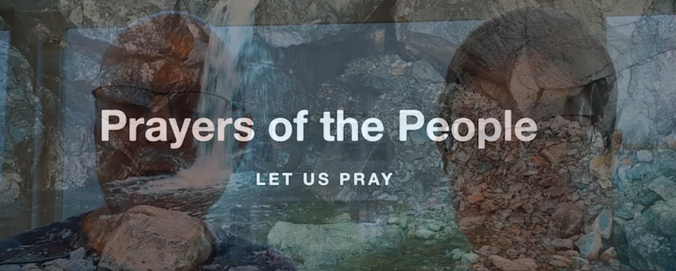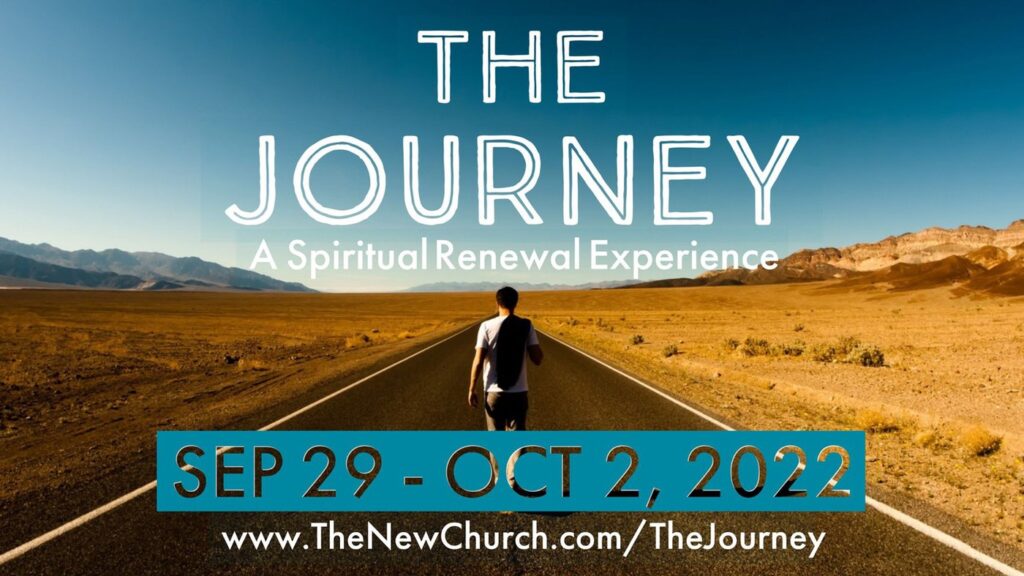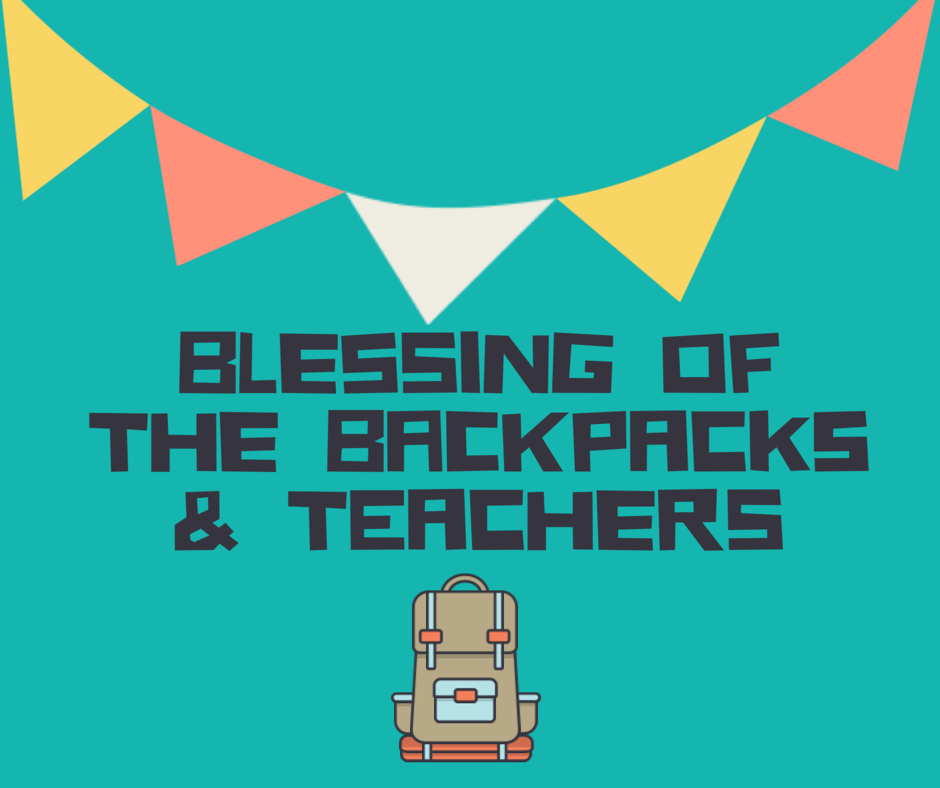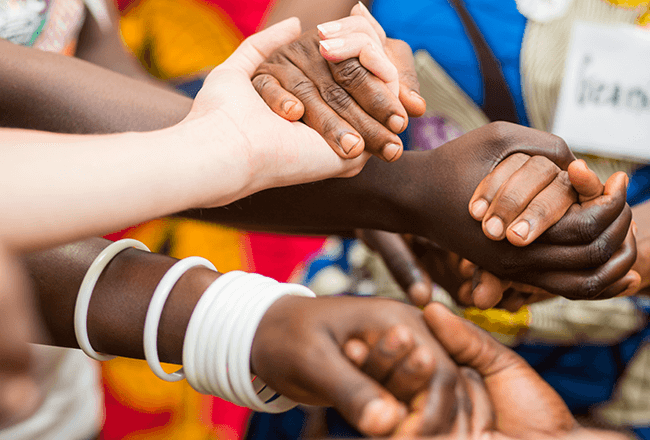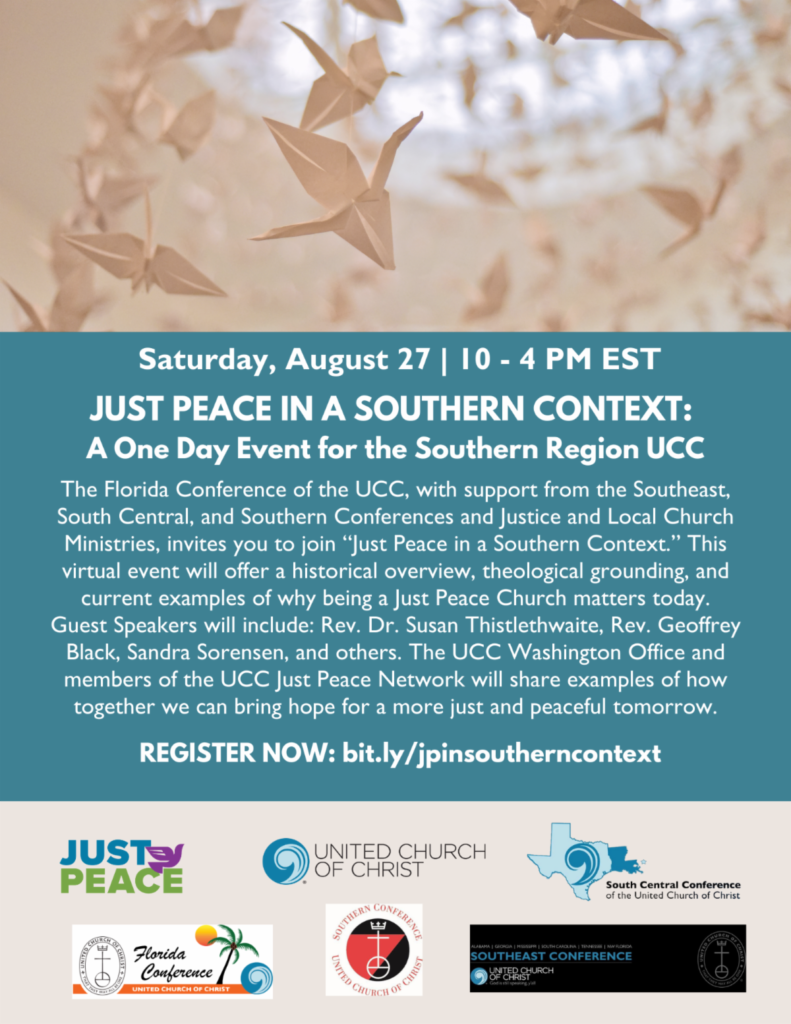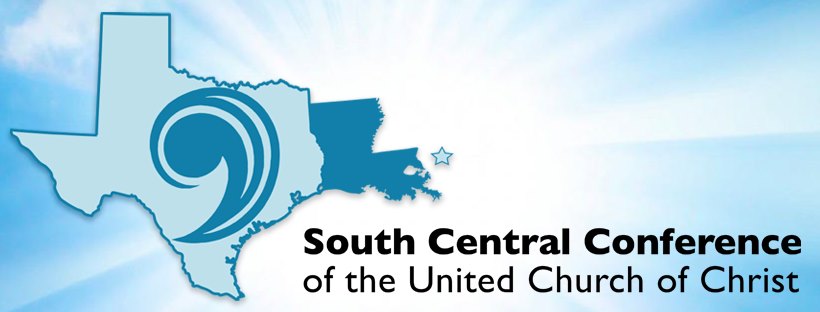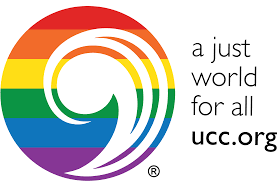
Crispy. That’s the word I would use to describe not only our parched earth, but our weary hearts and souls.
We are still recovering in so many ways from the pandemic and its long-term impact on not only our economies, infrastructure, supply chains, and staffing in various industries, but also our collective psyche.
We continue to experience the impact of a shift away from religious and government entities that promote care for one another, from civil dialogue and collaboration to promote the common good, to more autocratic and nationalistic forms of control that perpetuate injustice.
Activism fatigue is a real thing, and the enormity of issues needing to be addressed can be overwhelming. We are tired.
Simultaneously, life continues to be lifey in our personal worlds. Finances are stretched. Family members are struggling. Health crises come unexpectedly. Relationships are hard, sometimes. Each disrupts our world.
As a church, we continue to thrive and seek to do good in the world. Growth is amazing, and change is hard. Learning the names of so many new members, finding one’s place in such a long-standing group, feeling displaced when so much seems so unfamiliar, and wrestling with former theologies in order to find a more life-giving one are good problems to have. And, they take a toll.
We’re moving forward in making decisions about caring for our property and the future leadership of the congregation. Each of these can feel simultaneously exciting and uncertain.
Having an extroverted, Aries of a pastor that seeks to help that growth and who can also get too many plates spinning at once is probably both a blessing and a challenge. Threading the needle between enacting our needed growth and development and doing so at a manageable rate is not always easy, and I often miss that balance.
How will we respond to the multiple invitations to anxiety, overwhelm, exhaustion, and fear?
A vast body of research into how we not just survive but actually thrive through challenging times can be found in the fields of resilience and post-traumatic growth—how we recover after a potentially traumatic event. I teach this regularly, which means, dad-gum it, I get to actually try to practice it myself, even when I don’t want to! This is what the data tells us this process can look like:
First we must name the struggles. The gremlins we pick up and put on the table in front of us can be tended to, cared for, and supported. Left alone under the table in the dark they bite our ankles and we don’t know why we are feeling hobbled.
We must admit what it feels like we have lost, as in, “This isn’t the way things are supposed to be!” or “This shouldn’t be happening!” Our grief deserves and needs to be acknowledged, validated, and normalized so we remember that we are neither crazy nor broken. We are having a normal reaction to abnormal situations, so OF COURSE we feel a little, ok…sometimes a lot, nutty.
It’s the price of being human living in an imperfect world. Giving ourselves space to grieve when things are not as we would like is necessary and kind to ourselves. Be sad. Be scared. Be angry. Let others comfort us. We can only truly come to terms with our reality that is present when we acknowledge the loss, and then work to find acceptance that it just is what it is. We cannot skip this step and jump into action. This step is necessary.
Second, we can then consider the stories we are telling ourselves, and each other. Are we falling into patterns of scarcity and telling a story that there is nothing we can do or are we looking for the opportunity and gifts that can be found, even in the hardest of times? Are we accepting the lie that we are disconnected and alone, or are we coming together to offer and accept hands reaching out to connect, support, and be present?
I, for one, can often isolate in my struggles until I remember that I am not alone and without help, and reach out to my peeps who lift up my heart and make the dark seem much less scary. Trauma has two key elements—how well we felt supported during and after a threatening event and how well we felt we could take action on our own behalf during and after the event.
When we isolate in our maladaptive stories, we can forget to see the whole picture—yes, x y & z sucks, AND we have people who love us, we have a God who is with us, there are gifts and opportunities even in the most horrible of circumstances, we can take action, and we are not alone.
Emotional intelligence is about being able to hold this “both—and”; one does not negate the other. For instance, we are grieving that the Simpson family whom we adore have been reassigned and will soon be moving to another city. And we will have the joy this month of baptizing little Harper and Chloe, whom many have watched grow into amazing little ones fed by the love of this congregation.
We are also rejoicing with the new and long-dreamed of opportunity Ellen and Shannon will have as they serve as a military couple in Ellen’s new assignment, where they will have the opportunity to make a huge impact on their new community. And they will continue to raise their littles into strong and thoughtful humans of faith and justice and grace who will help to change the world for the better. Faith Church has been a huge part of all of that, and our love will go with them as theirs remains with us.
We have high-dollar repairs that need to be made. And we have insurance to help us, UCC grants we’ve received this year totaling $25,000 with the promise of more to come in the next 3 years. Not only did we NOT slack off in attendance and giving during the summer, as always happens in churches, but have had record attendance and are at 104% giving compared to where we hoped we would be at this point in our year.
We have tons of tasks needing to be accomplished. And we have new and long-term members working together on more projects than most even know about to improve our policies and procedures, decrease our insurance premiums, and care for our young and elders alike while better protecting our church. Folks are already letting me know of their intention to put their hat in the ring for Church Council for 2023.
Our new church management software, Realm, can feel overwhelming to learn and launch. And, over half our active members are engaging in Realm Groups to coordinate our work, plan fellowship and social events, and pray in real time for one another.
Each of these things are true. We can look to the good when we begin to feel our heads dipping under the waters of overwhelm and fear. It is there, if we practice having eyes to see it.
Third, as we accept not just the threats we face but the opportunities presented to us, we look for ways to take constructive and adaptive action in whatever ways ARE at our disposal rather than fall apart into despair, hopelessness, and inaction. We seek what we CAN do and not whom we can blame, including ourselves. We may be powerless to change people and circumstances, but we are not helpless to take action that can being hope and change.
It is soooooo much more tempting and easy and even relieving to work out our angst on others than to own our part, but that is cutting off our nose to spite our face. Where can I ask for what I need, say how I feel, correct my own actions, seek support, improve my own boundaries, and increase my own self-care?
As people of faith, how can we stop our spinning minds and sink into the reminder that God is with us and allow that reminder to soothe our frantic hearts? How can we be the hope and change we wish to see? Can we do the part we feel God is calling us to do and then trust God with the rest?
When times are uncertain and we feel overwhelmed it can be easy to not be our best selves. Coming back to ourselves can be as simple as returning to our breathe, our inspiration; settling our bodies and minds so we can think more clearly, hear God more readily, and respond from a place of grounded certainty in God’s goodness and provision and love. That is far better than reacting to and from our angst and fears. It isn’t easy. It is a muscle that must be built and a skill that must be practiced.
And so, I ask us to breathe. Breathe in the hope of God. Release worries and fears into God’s hands then see which ones God places back into ours, remembering that the God who calls us will also equip and sustain us on the journey. Slow down the noise, ease the internal chatter, and listen for the still, small voice of encouragement and direction. Wait on the Lord, scripture tells us, be of good strength, and then go out and kick butt in the best possible ways.
You may have seen the children’s sermon recently where I talked about breathing in for the count of four, holding that breath for four counts, releasing it in four, then holding for four counts before breathing in for four again. Doing this three or four times makes use of the God-given beauty of our bodies and its amazing neurochemistry of feel-good hormones that can counteract the cortisol that runs amuck in our systems when we are in a state of distress.
Doing this won’t change outer situations, but can impact how we see and respond to them. Being our best, most grounded, most clear, most present selves is the greatest gift we can give to the world. From this place, we act in more Godly ways, exuding hope and light in the darkness—not in a gaslighting ways that deny the yuckiness around us, but refusing to be consumed by it or become darkness ourselves.
This type of living is as contagious as fear. It inspires others to do the same. It allows us to embody the Gospel we seek to proclaim with our whole lives that by the grace of God love wins out over hate, peace wins out over fear, and life ultimately wins out over death.
I recently posted on social media a poem that helps bring me back to myself, and the God within and around me. I close with it as an offering to remind us to BE even as we do, and also that taking a break from time to time is ok. In choirs, everyone does not breathe at the same time when, but staggers their breathe so there will be no lull in the music. Geese take turns as the leader in the V-formation, dropping back to draft off the others when tired.
So, rest as you need. Breathe consciously whenever you can. And then join hands with someone else and get back into the game of life with God as the ultimate coach, cheerleader, and even teammate.
Breathe by Lynn Unger
Breathe, said the wind
How can I breathe at a time like this,
when the air is full of the smoke
of burning tires, burning lives?
Just breathe, the wind insisted.
Easy for you to say, if the weight of
injustice is not wrapped around your throat,
cutting off all air.
I need you to breathe.
I need you to breathe.
Don’t tell me to be calm
when there are so many reasons
to be angry, so much cause for despair!
I didn’t say to be calm, said the wind,
I said to breathe.
We’re going to need a lot of air
to make this hurricane together.
Peace, my friends.
Pastor Carla

